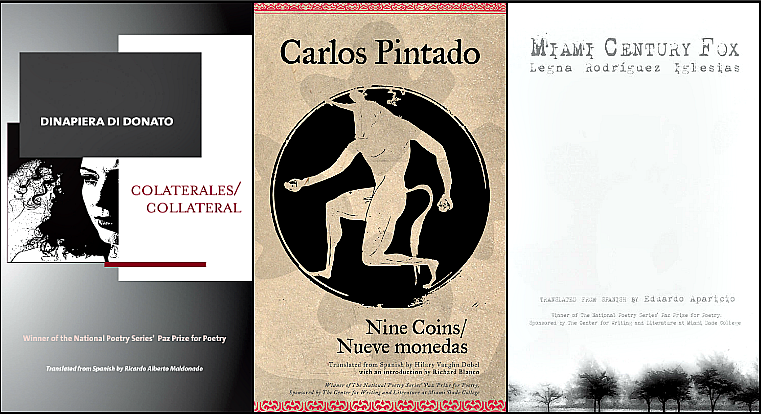Interstitium
Earlier this year, researchers published a study in the journal Scientific Reports about the discovery of an organ called the interstitium, which exists as a flexible, meshlike web of fluid-filled compartments forming a layer right beneath the skin and between other organs. Drawing inspiration from this and the word “interstice,” which refers to a small space between things or a break between events, write a poem about being in-between. You might write about when you’ve been between homes, jobs, or relationships, or about experiences between different phases of your life.








